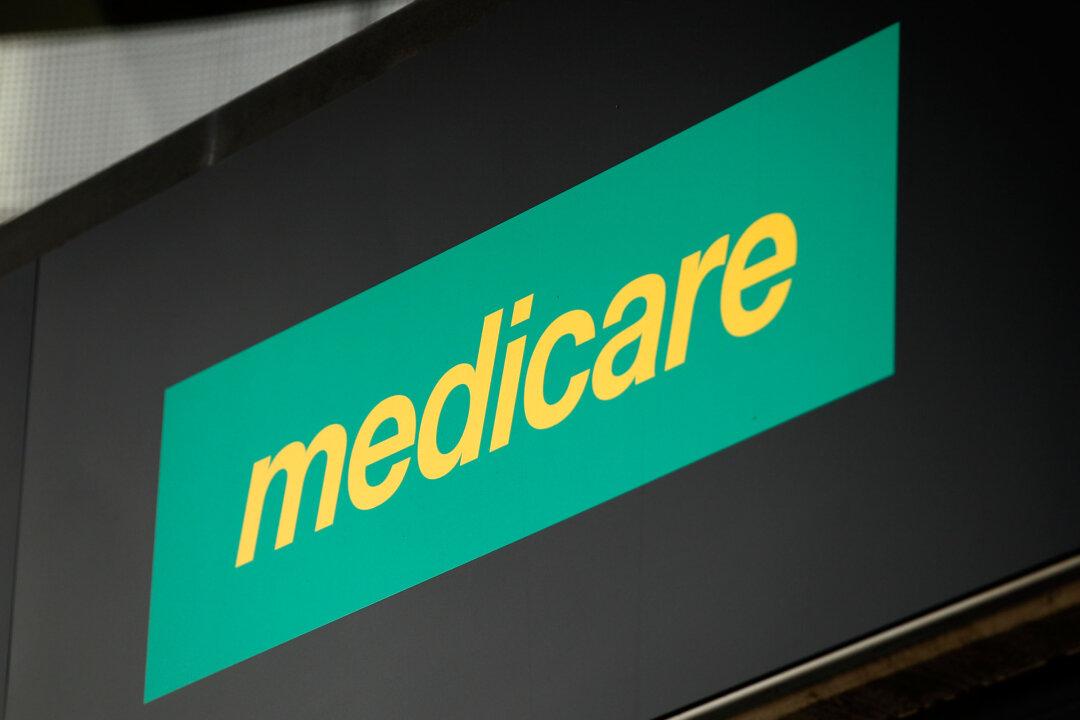The Medicare debate has once again taken centre stage in the lead-up to the Australian federal election, with Prime Minister Anthony Albanese dismissing Opposition Leader Peter Dutton’s latest pledge as mere political manoeuvring.
On Feb. 23, Dutton announced a $9 billion (US$5.7 billion) investment in Medicare, matching Labor’s $8.5 billion commitment.





